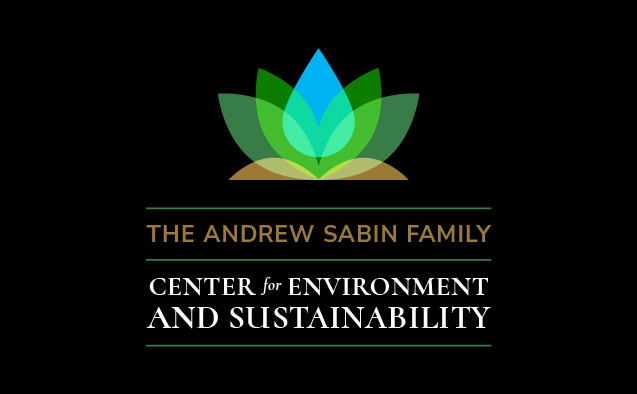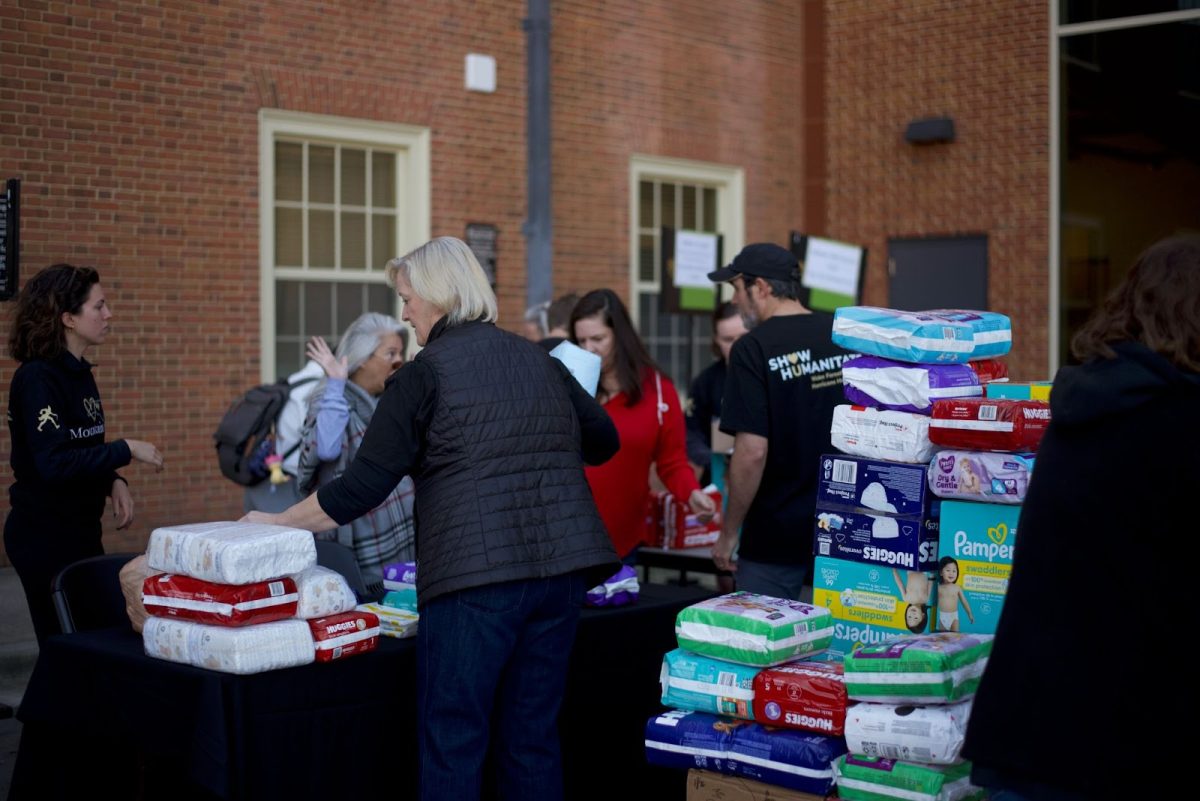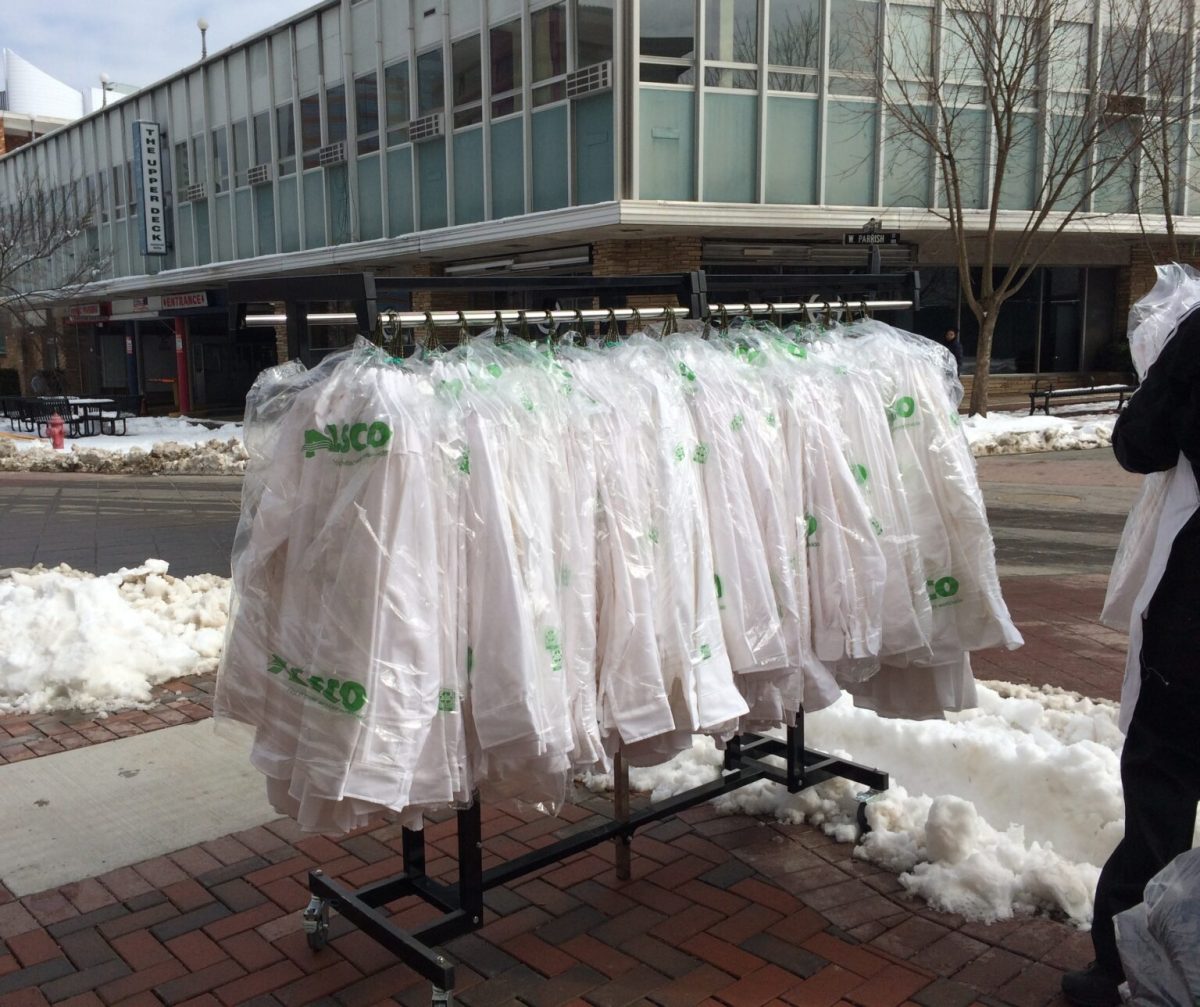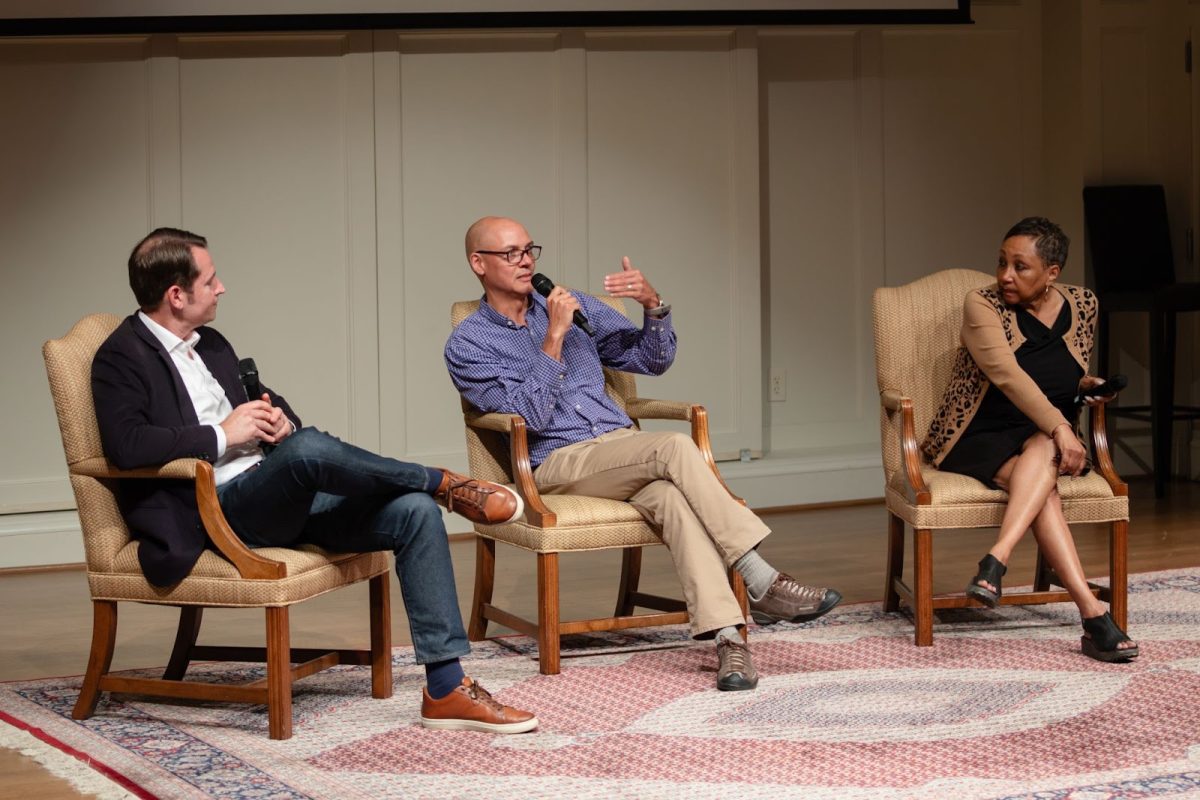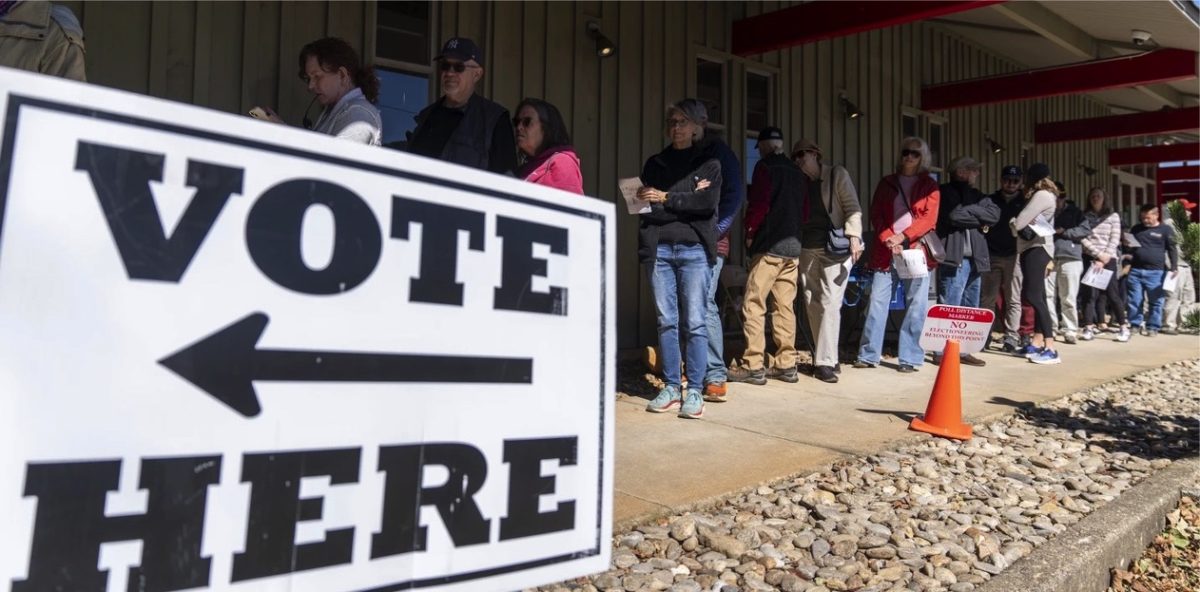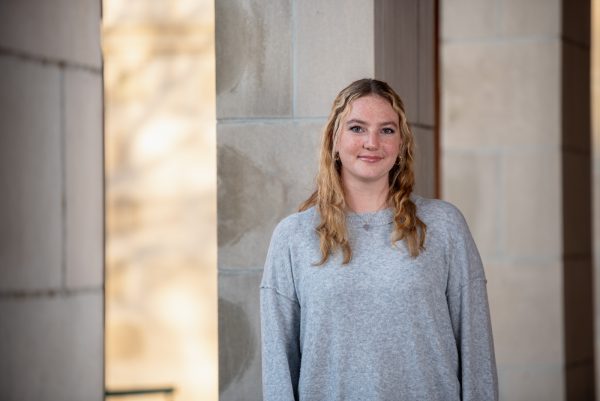The Wake Forest Center for Energy, Environment and Sustainability (CEES) has become the Andrew Sabin Family Center for Environment and Sustainability following a $5 million donation.
The endowment from the Andrew Sabin Family Foundation was given with the intent to support Wake Forest’s education, research and outreach initiatives surrounding the climate crisis and sustainability. The renamed center will be led by co-executive directors Dr. Stan Meiburg and Dr. Miles Silman.
“I am most excited about what this gift says about environment and sustainability at Wake Forest and the university’s commitment to lifting that up as part of its major purpose,” Meiburg said. “That’s a significant statement on the part of the university, and everything else will flow from that. To have Wake Forest recognize that Pro Humanitate is, in fact, a very broad engagement with the world really makes a big difference.”
Meiburg, who has had 39 years of experience working at the Environmental Protection Agency (EPA), previously served as the Executive Director of CEES. Silman, the Andrew Sabin Family Foundation Professor of Conservation Biology, has spent his career studying biodiversity and ecology in the Peruvian Amazon and was a founding director of CEES. With his extensive background in research, Silman will direct research initiatives at the Sabin Center.
“Before, the centers would come and go… (they) didn’t come with long-term support, and the mechanisms for getting support were highly variable through time,” Silman said. “This [donation] gives us the ability to operate in the future and know that we will have the chance to be creative over long periods of time.”
Both Meiburg and Silman expressed optimism regarding the Sabin Center’s commitment to promoting sustainability at Wake Forest and beyond. The Sabin Center will seek to improve environmental health and justice on campus and on the local, national and international scales, as well.
“You’ll see a deepening connection of Wake Forest research to globally important problems. Not that we aren’t already doing it, but it allows us to do that better,” Silman said. “You’ll also see us being more of a regional player and a local player in these kinds of questions.”
Meiburg echoed this sentiment.
“The use of science to inform decisions about policy … is of use at all scales, from local to community to regional to national to global,” Meiburg said. “I think this will enable Wake Forest to play a larger role in those kinds of discussions. And beyond that, the scope is almost endless.”
Similar to CEES, the Sabin Center will serve as a connector between departments, allowing for collaboration among faculty and students on solutions to contemporary environmental and sustainability concerns.
“I tend to think of everybody at Wake Forest as scholars,” Silman said. “[The endowment] really allows us to connect our expertise to the world in meaningful ways.”
Silman says the overarching goal of fostering interdisciplinary cooperation in the face of the climate crisis aligns closely with Wake Forest’s mission statement and underscores the importance of Wake Forest’s liberal arts curriculum as generating a holistic and comprehensive approach to solving pressing issues.
“[The Andrew Sabin Family Foundation] approached us because they saw Wake Forest had a truly transdisciplinary way of addressing this problem,” Silman said. “…The ability to use our talents at the university and the power we have of knowledge and innovation in order to make change in the world — that, to me, is what has happened with this center.”
Among these issues are the focus areas of renewable energy, environmental law, biodiversity, wildlife conservation, policy, enterprise and markets, clean and safe water and remote sensing and computational sustainability, according to the Sabin Center’s website. These areas of interest have not only been identified within the new center, but served as the impetus for this endowment.
“In this case, we already knew that the donor was passionate about the environment,” said Associate Vice President of Corporate and Foundation Relations Linda S. Luvaas. “You do talk about their passion and their vision for their philanthropy, but then it’s our responsibility to help sort out where is the goodness of fit for that with Wake Forest.”
Like Silman and Meiburg, Luvaas voiced her enthusiasm for the Sabin Center and the impact it will have on the Wake Forest community and the world. Luvaas also credited the center’s survival and success to the faculty and the former board members of CEES.
“The faculty’s dedication and expertise, and their desire to work together on environmental and sustainability problems from multiple points of view … that’s why this happened,” Luvaas said. “They built this.”
Ben Lane contributed to this story


